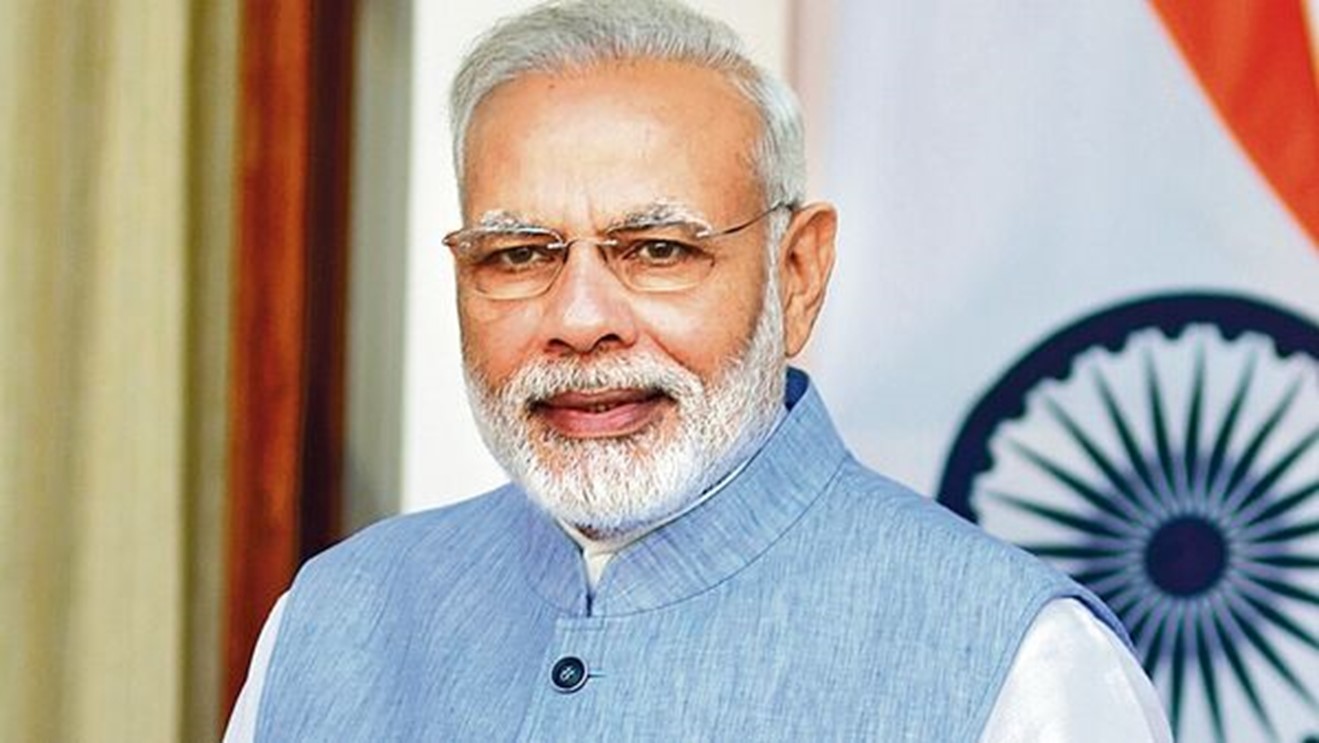In the annals of Indian political history, Narendra Modi stands out as a transformative leader who has left an indelible mark on the nation's trajectory. From humble beginnings to the pinnacle of power, Modi's journey is a tale of resilience, strategic acumen, and a commitment to fostering economic development. This success story unfolds against the backdrop of a diverse and dynamic nation, presenting challenges and opportunities in equal measure.
Born on September 17, 1950, in Vadnagar, a small town in Gujarat, Narendra Modi grew up in modest circumstances. His early life was marked by a sense of responsibility instilled by his parents and a keen interest in public affairs. Modi joined the Rashtriya Swayamsevak Sangh (RSS) during his formative years, laying the groundwork for his future in politics. His unwavering dedication to the organization and leadership roles within the Bharatiya Janata Party (BJP) set the stage for a remarkable political ascent.
Modi's tenure as the Chief Minister of Gujarat from 2001 to 2014 proved to be a turning point. His governance style emphasized economic reforms, infrastructure development, and a pro-business approach. The state witnessed unprecedented growth under his leadership, earning him acclaim for his administrative prowess. The "Gujarat Model" became synonymous with rapid industrialization, efficient governance, and a focus on inclusive development.
In 2014, Narendra Modi undertook the most significant political journey of his career, ascending to the office of the Prime Minister of India. His campaign, centered on the promise of "Sabka Saath, Sabka Vikas" (Together with All, Development for All), resonated with a nation eager for change. The Bharatiya Janata Party secured a decisive victory, marking the beginning of a new era in Indian politics.
One of Modi's early achievements was the implementation of the Goods and Services Tax (GST) in 2017, a landmark reform aimed at simplifying India's complex tax structure. Despite initial challenges, GST laid the foundation for a unified national market, fostering economic integration and ease of doing business. Modi's government demonstrated its commitment to bold reforms, challenging the status quo for long-term national gains.
The "Make in India" initiative, launched in 2014, sought to boost domestic manufacturing and position India as a global manufacturing hub. By encouraging foreign direct investment and streamlining regulatory processes, Modi aimed to create job opportunities and enhance India's competitiveness in the global arena. The initiative represented a strategic vision for economic growth and self-reliance.
Another flagship program, "Swachh Bharat Abhiyan" (Clean India Mission), exemplified Modi's commitment to social issues. Launched in 2014, the campaign aimed to eliminate open defecation, improve sanitation, and promote cleanliness. With a combination of governmental policies and public participation, Swachh Bharat became a people's movement, transforming the sanitation landscape across the country.
In 2016, the government's demonetization move aimed to curb black money, corruption, and counterfeit currency. While the decision faced criticism for its immediate economic impact, Modi stood firm, emphasizing the long-term benefits and the shift toward a more transparent financial system. The move underscored his determination to tackle deep-rooted issues head-on.
The "Digital India" initiative championed technological advancements and digital literacy, fostering a digital revolution across the country. From the implementation of Aadhaar, a biometric identification system, to the promotion of digital payments, Modi's government embraced technology as a catalyst for inclusive development.
Under Modi's leadership, India made significant strides in infrastructure development, with flagship projects such as the "Pradhan Mantri Gram Sadak Yojana" (PMGSY) expanding rural road connectivity. Initiatives like "Ayushman Bharat," the world's largest health insurance program, aimed at providing affordable healthcare to millions, showcased a commitment to social welfare.
On the international stage, Modi's diplomatic endeavors elevated India's global standing. The "Act East" policy strengthened ties with Southeast Asian nations, while initiatives like the International Solar Alliance underscored India's commitment to sustainable development. Modi's leadership during global forums garnered praise, positioning India as a key player in the geopolitical landscape.
Despite the successes, Modi's journey faced challenges and criticisms. The handling of certain issues, such as the implementation of demonetization and the initial response to the COVID-19 pandemic, invited scrutiny. However, his ability to navigate complexities and adapt policies demonstrated a resilience that characterized his leadership.
As the leader of the world's largest democracy, Narendra Modi's success story unfolds as a narrative of bold decision-making, economic reforms, and a vision for a self-reliant and prosperous India. His ability to connect with the masses, leverage technology for governance, and pursue transformative policies has left an enduring impact on the nation's socio-economic landscape.
In assessing Modi's legacy, it is clear that his leadership has left an indelible imprint on India's journey towards progress and development. The story of Narendra Modi is one of resilience, determination, and a steadfast commitment to building a stronger and more prosperous India for generations to come.






